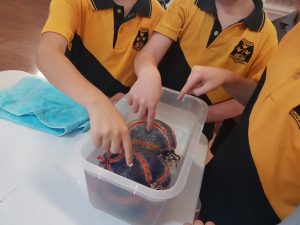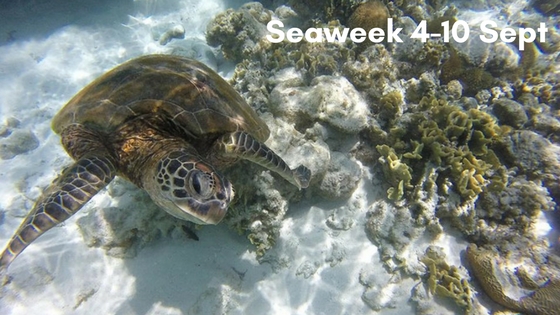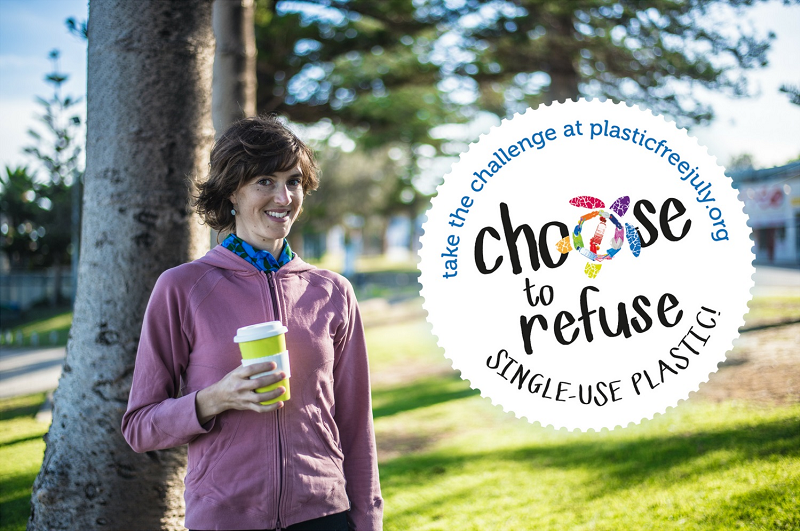 Science Week was all about getting hands on experience – especially for participants in Ocean Life Education’s Marine Incursion programs.
Science Week was all about getting hands on experience – especially for participants in Ocean Life Education’s Marine Incursion programs.
More than a thousand children got up close and personal with our colourful marine creatures during a busy week of visits to early learning centres, schools and Bunnings hardware stores in the week of August 12-20.
Director of Education at Ocean Life Richard Coward says it’s the personal touch that helps to establish that lifetime bond between children and nature.
“Most children have good background knowledge about our animals and the impact we all have on the environment but they enjoyed learning new facts about our creatures, and understanding more through touching them, which enhances their desire to protect the natural marine environment.”
And you never know, through stroking a stripy tropical sea cucumber, the seed may have been sown in some young minds to seek out a career in science as an ecologist or marine biologist.
We’re already taking bookings for our marine incursion programs for next year’s Science Week – we have presentations suitable for all age groups, each one encouraging a greater respect for our natural world.
If your Science Week was a bit of a fizzer this year don’t fret, because it’s never too late to inspire the next generation of conservationists – Ocean Life Education’s Marine Life Incursion programs are available to visit your centre all year round.






